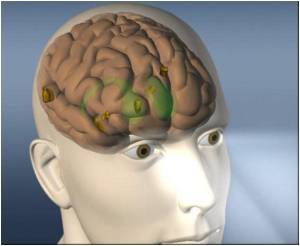Researchers have shed new light on Parkinson's disease, which could help with the development of cures or treatments in the future.

An important processing unit in the brain (the basal ganglia) is part of two behavioural control circuits - habitual control, which directs our fast, stimulus-driven automatic, largely unconscious movements; and voluntary goal-directed control, which is driven by a conscious appreciation of the action4s outcome.
An important proposal in the article is that Parkinson4s disease is linked to a preferential loss of the neurotransmitter dopamine from the regions involved in habitual control.
The proposed analysis offers a further important insight into the symptoms of Parkinson4s disease. At the level of the basal ganglia, the goal-directed and habitual control circuits are physically separated, but down-stream, they converge on shared motor systems (that is, we can do the same action either under goal-directed or habitual control).
Numerous experiments show that the loss of dopamine from the basal ganglia increases inhibitory output from the habitual control circuits.
Therefore, for a patient with Parkinson4s disease to express goal-directed behaviour, they have to overcome the distorting inhibitory signals from the malfunctioning habitual control system.
Advertisement
These ideas also offer a potential resolution of a continuing paradox in Parkinson4s disease research - why destruction of the parts of the basal ganglia responsible for habits can have such a beneficial effect on Parkinson4s disease.
Advertisement
It is hoped this new interpretation of Parkinson4s disease will help in the discovery of new cures and treatment in the future for the 120,000 people in the UK suffering with the disease.
The analysis is published online and will appear in the November issue of Nature Reviews Neuroscience.
Source-ANI










